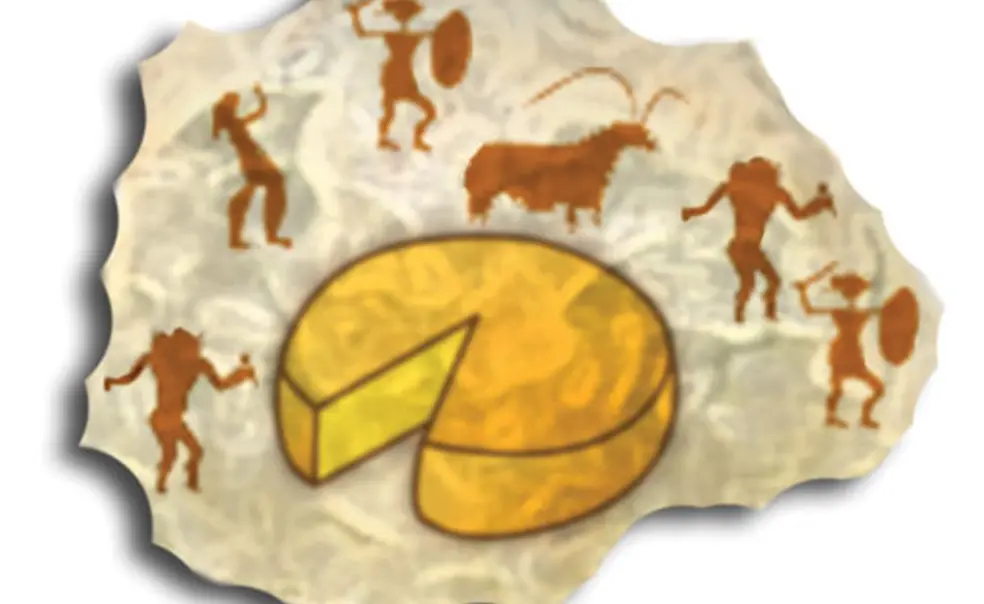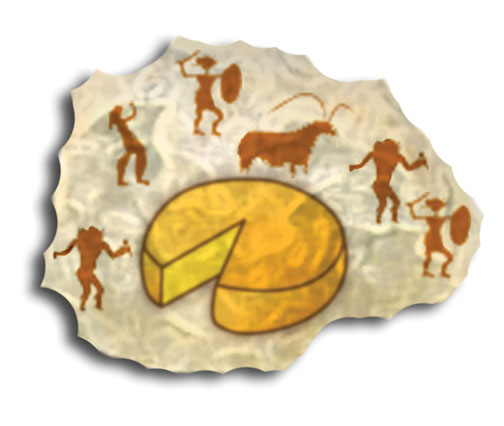FYI: Findings
Peter Bogucki followed the CHEESE. Along with a team of researchers, Bogucki, the associate dean of the engineering school, found that the perforations in 7,000-year-old pottery fragments from Europe had remnants of milk lipids, suggesting that the pieces likely were strainers used to make cheese. The finding indicates that humans devised a way to produce cheese — a critical indicator of an agricultural revolution — a couple of thousand years earlier than previously thought. The results were published in Nature in January.
Brazil’s constitution grants citizens the RIGHT TO HEALTH, and many patients sue the government for better care; it was suspected that the rich were suing to get expensive drugs. In a paper published in June 2012 in Health and Human Rights, anthropology professor João Biehl, co-director of Princeton’s Program in Global Health and Health Policy, and three colleagues reviewed many lawsuits and concluded that most were filed by very poor people seeking medicines for basic care, not by the wealthy.
When Germany moved to SHUTTER ALL OF ITS NUCLEAR PLANTS by 2022, that decision was no kneejerk reaction but had long been in the works, says Alexander Glaser, an assistant professor of mechanical and aerospace engineering and international affairs, in a paper published in November in the Bulletin of the Atomic Scientists. And it proves that abandoning a controversial, high-risk technology can actually happen, despite political and technical challenges.













No responses yet